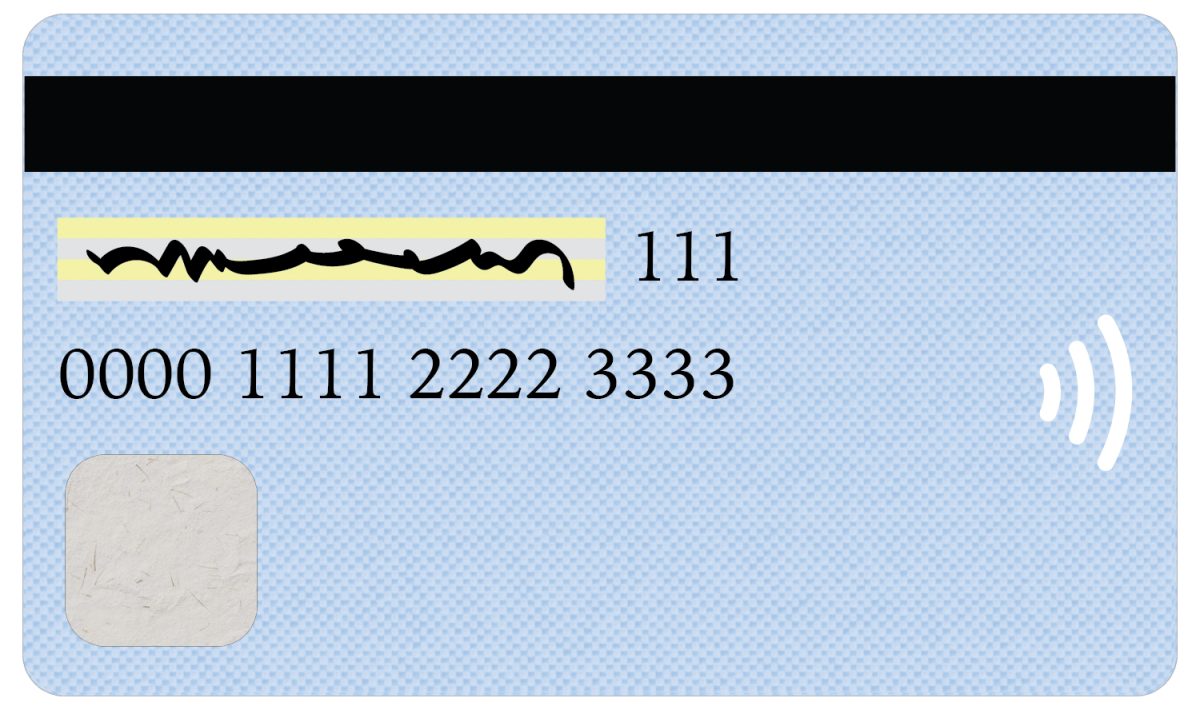The video game scene is ever-evolving, but it may have taken a turn for the worse with the emergence of microtransactions. While initially sold as a way to provide more content, video game players criticize microtransactions for disrupting game balance, exploiting minors and making games pay-to-win.
Downloadable content (DLC) increased in popularity with the concept of online gaming console connectivity, which allowed game companies to add updates and new content to their games after their release date. DLC provided a way for developers to continue supporting their games post-launch while bringing in additional revenue.
Microtransactions emerged soon after DLC became popularized. Microtransactions typically offer smaller, more incremental purchases such as cosmetic items, virtual currency or gameplay boosts to unlock “exclusive” content.
Larger video game companies quickly learned how to take advantage of microtransactions. Many large companies like Riot Games, Epic Games and Electronic Arts release free-to-play games with countless microtransactions within them.
Up to 20% of game communities spend money within these free-to-play games. Electronic Arts’ live-services operations made the company $5.6 billion in its most recent quarter, according to the company’s latest earnings report.
Although microtransactions might seem like a good idea, many in the video game community see microtransactions as exploitative and sinister.
Microtransactions can be particularly enticing to younger players or those prone to compulsive spending. In 2023, the Federal Trade Commission announced a $245 million settlement with Epic Games’ “Fortnite.” The FTC stated that players were tricked into making unwanted purchases within the game.
“Fortnite’s counterintuitive, inconsistent and confusing button configuration led players to incur unwanted charges based on the press of a single button,” the FTC said in a statement. “The company also made it easy for children to make purchases while playing Fortnite without requiring any parental consent.”
Some microtransactions that are offered are gameplay advantages, which make video games unfair to those who do not spend money on games. To games that thrive on competitive balance, this creates a lot of issues.
These transactions introduce a pay-to-win dynamic, where players who are willing to spend money gain a distinct advantage over those who choose not to or cannot afford to spend additional funds. This creates an inherently unfair playing field and undermines the principle of skill-based competition.
When implemented thoughtfully, microtransactions can enhance the gaming experience by providing additional content and features without compromising game balance or fairness.
To prevent overspending on microtransactions, set spending limits, be selective about purchases and stay informed about the true value of in-game items to make responsible decisions.
Opinion: Are Video Games with Microtransactions Innocent or Exploitative?
0
Tags:




